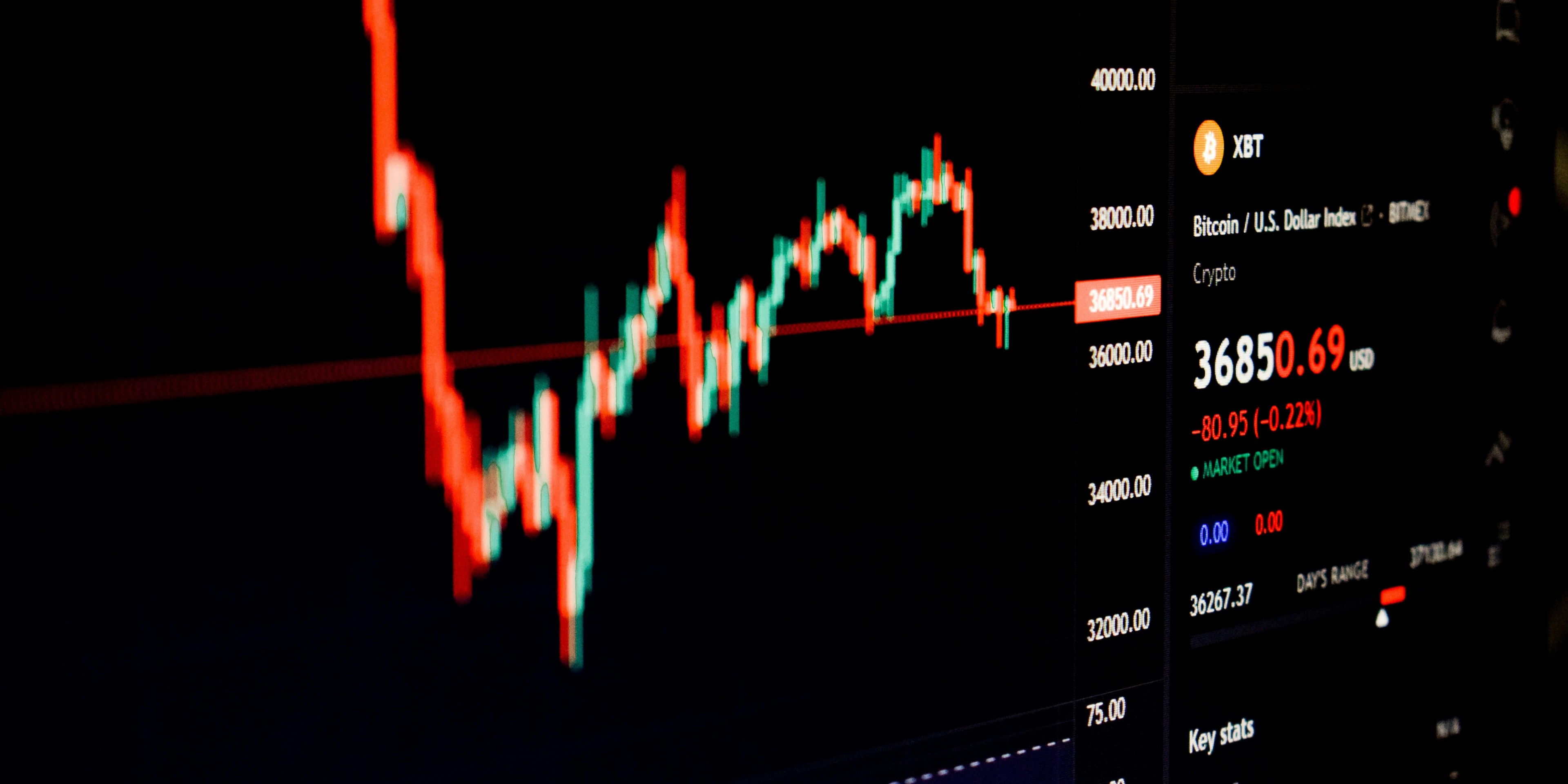Investing - the skill in doing (almost) nothing
As humans, we’re biologically wired to react when we observe change. Yet when it comes to investing, this is often the opposite of what investors should do. Instead, blocking out this external noise is often the foundation of long-term success.
At a glance:
- We’ve never had such easy access to financial news. This is making it harder than ever to block out the noise
- Short-term emotional reactions can have long-term negative consequences for portfolios
- Having a plan can help identify when decisions are driven by emotion rather than facts
The traditional wisdom for any investor is to learn to ‘block out the noise’. Events may come and go, causing volatility as they pass. But over the long run, ignoring their short-term effects, and focusing on your end goal is usually the key to reaching your objectives.
Unfortunately, as 2025 progresses, this is becoming increasingly difficult.
International trade negotiations were once mostly found in financial outlets. These days tariff discussions regularly dominate the front pages of national newspapers and social media feeds.
Similarly, the spike in inflation and interest rate rises after Covid meant the inner workings of central banks have entered the national conversation like never before. When was the last time a disagreement between a US president and the head of the Federal Reserve over the pace of interest rate changes went viral?
Adding to this pressure is the 24-hour always-on news cycle. Thanks to technological advancements, it’s never been easier to see a developing news story and then immediately check how our investments have reacted.
These days, you need to make a real effort to resist what can at times feel like a bombardment of news – both good and bad.
Noise vs news
Part of the difficulty can be understanding what constitutes a useful insight, and what is just background noise.
A key point for investors to consider first is their investment time horizon. If your time horizon is long-term, i.e. 10 years or more, then most events will not have a significant impact over the longer term. What matters more over the long run is that companies will grow their earnings ahead of inflation, reinvest those earnings to grow their businesses and pay dividends to their shareholders. Over time, the compound impact of that is what dominates returns.
Joe Wiggins, Investment Research Director at SJP, says: “If we look back through history, there’s been a multitude of huge events that have affected markets in the short-term. At the time, they would have seemed extremely consequential for financial markets. But as you zoom out to a longer time frame, these events usually end up looking like a blip on the horizon. So, providing you have a long-term time horizon, most things are not that consequential for meeting your objectives.”
Instead, he says: “The real problem is reacting to these events and making poor short-term decisions that then have a negative, long-term impact.”
Recent performance
2025 has provided a good example of the dangers of this. In early April, Trump announced tariffs on imports across the majority of the world’s markets. In reaction, markets plummeted. American markets were worst hit, with the S&P 500 dropping significantly in the week following so-called ‘Liberation Day’.
With investors fearing the worst, many took their money out of the US.
But, as Liberation Day moves into the rear-view mirror, markets have recovered. Trump rowed back on some of his boldest proclamations, supply chains started to adapt, and countries began signing trade deals.
With the S&P 500 back to record highs in recent weeks, those who panic sold after the initial market fall could be facing a real negative impact on their long-term returns.
Joe describes making predictions during short-term periods of volatility like those seen in early April as ‘dangerous.’ He notes: “Short-term market predictions are extremely tough to do. Lots of people were incredibly pessimistic about the US in in April. Since then, US equities have gone on a significant rally as market participants realised that some of Trump’s rhetoric was much more aggressive than the reality of his policies.”
Ignoring your emotions
According to Joe, when we make short-term decisions and react to market noise, what we tend to be doing is reacting emotionally. This generally means we’ll look to resolve whatever we’re feeling at that moment.
So, if we’re feeling anxious about markets, our brains will want to make that anxiety go away. In the short-term, this probably means selling.
Then, when we’re feeling positive, or excited about an investment opportunity, our emotions will tell us to make the most of that opportunity and buy more.
“Most people lurch from being overly worried about a situation to being too complacent about a situation,” Joe warns. “We don’t often exist in a middle state; it's usually one extreme or the other.”
This gives rise to ‘contrarian investing’ – a form of going against the grain. When people get greedy and buy too much, stocks can become overvalued and then, when people feel anxious and sell, markets can over correct. Leaning against these tendencies can therefore add value over time.
This is easier said than done, however. It requires going against market narratives, and what appears to be working well at that time. “As humans, we hate to be isolated and exposed in that way, and would much rather be part of the crowd, and that’s why there is value in doing it – because it’s hard to do,” Joe adds.
Having a plan
Understanding the perils of investing emotionally and recognising when you’re in danger of making an emotional decision are two different things, however.
For Joe, having a plan is key to recognising when you’re at risk of making an emotional decision. He says: “You want to know what your objectives are and how you’re going engage with your investments. Set some aims and objectives from the outset about how you’ll act. Then, if you see yourself diverging from that behaviour, that's probably a red flag.”
The value of an investment with St. James's Place will be directly linked to the performance of the funds selected and may fall as well as rise. You may get back less than the amount invested.
Past performance is not indicative of future performance.






